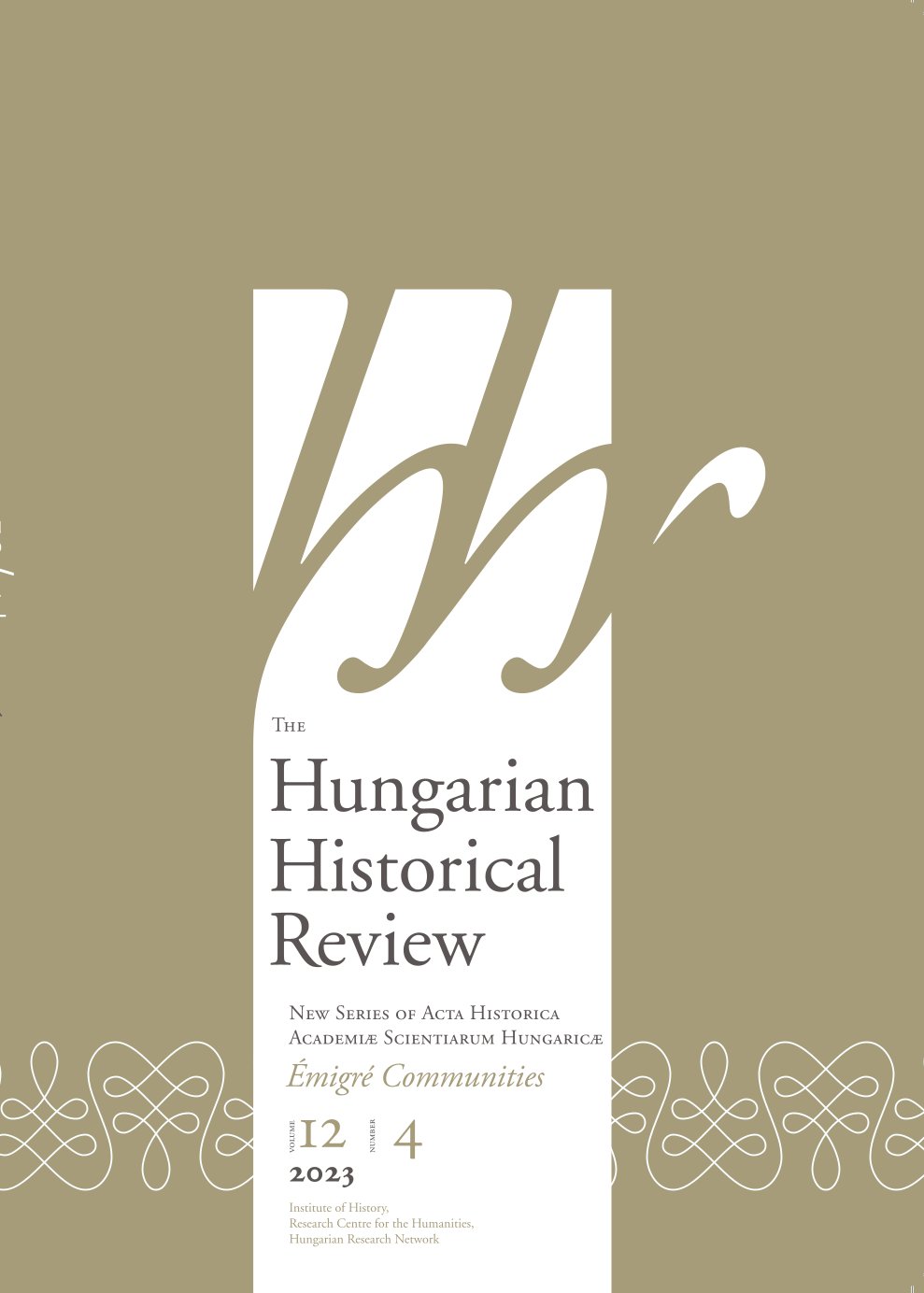The Question of God in Émigré Ghent: Religious Heritage, Émigré Politics, and Dialogical Negotiation among Migrants and Hosts during the Cold War
The Question of God in Émigré Ghent: Religious Heritage, Émigré Politics, and Dialogical Negotiation among Migrants and Hosts during the Cold War
Author(s): Luke DoddsSubject(s): Post-War period (1950 - 1989)
Published by: Magyar Tudományos Akadémia Bölcsészettudományi Kutatóközpont Történettudományi Intézet
Keywords: Polish migration; émigrés; lived religion; dialogical identity; anti-communism
Summary/Abstract: This article explores the influence of various factors on the formation of identity among the community of World War II Polish veterans which formed in the Flemish city of Ghent after the rise of a socialist regime in their home country. Challenging popular perceptions of the term “émigré,” the article highlights the diverse ways in which the members of this community promoted their heritage within their host society. Particular attention is given to the role of religious and cultural heritage, the émigré community’s engagement with anti-communist politics, and the evolution of this political engagement over time. Interactions with the local Catholic Diocese of Ghent are examined through a framework of Polish Catholicism as a “lived religion” which facilitated the formation of a hybrid identity. In particular, the role of Carlos Bressers, a Belgian priest and chaplain on whose personal archive the research is based, is analyzed. Through his position and contacts, Bressers served as a mediating figure in the negotiation of hybrid identity and helped the community of Polish veterans carve out a place for itself in the city of Ghent.
Journal: The Hungarian historical review : new series of Acta Historica Academiae Scientiarum Hungaricae
- Issue Year: 12/2023
- Issue No: 4
- Page Range: 626-649
- Page Count: 24
- Language: English

